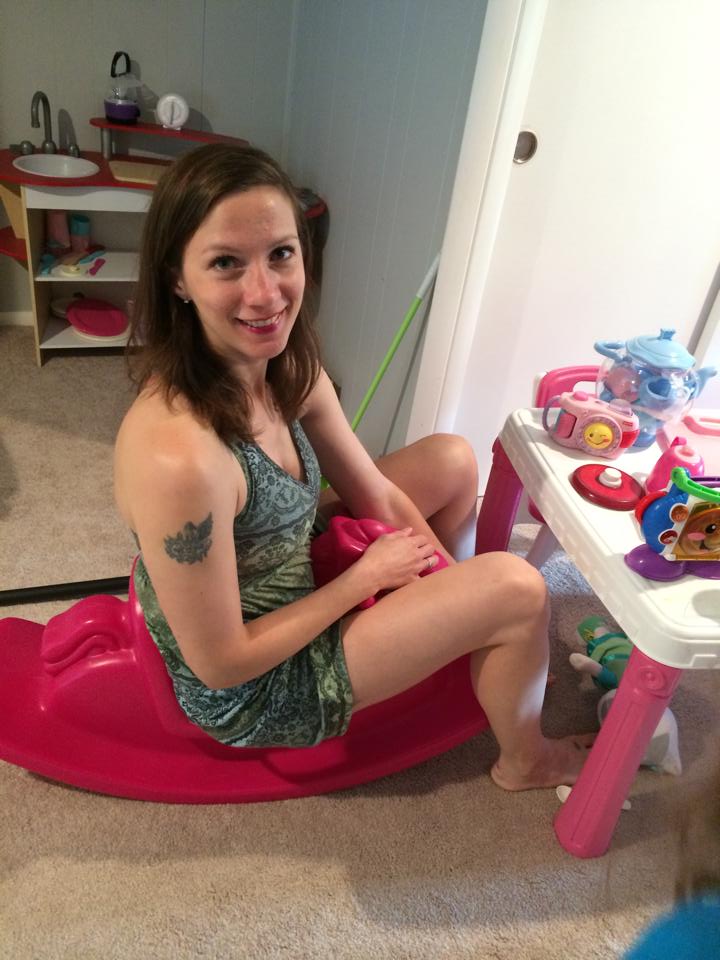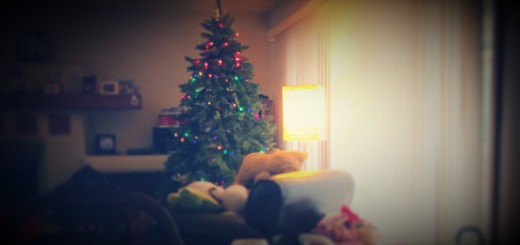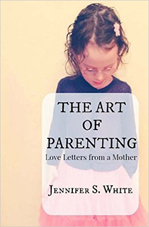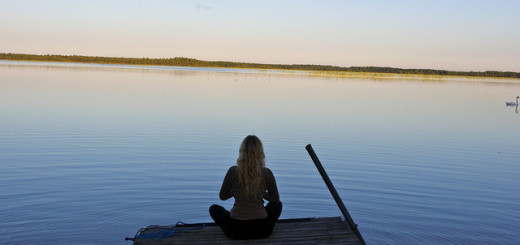This Introvert/Extrovert Contest Has Got to Stop.
No matter where I look, there’s an article about introverts versus extroverts.
Just this morning, I read about how I, as an extrovert, am apparently affecting my kids (versus how the introvert parent affects her children). This article did not describe me at all.
If there’s one thing we should have learned by now, it’s that dividing people into two categories is too tidy to possibly have any real-life merit.
Yes, I am an extrovert—I’ve taken the official MBTI® personality, as well as several other similar ones, and I’m always an ENFJ. In other words, I am truly an extrovert.
I remember, however, the first time that I lived with someone other than my parents and sibling; the first time I “moved out.”
My husband-then-boyfriend and I decided to become roommates in college, and one of my crucial deciding considerations was, “Is this going to be a hang-out spot for our friends?” Because I didn’t want that.
There’s this perpetuating myth that introverts are all at home, cozied up under warm blankets reading novels while extroverts are out partying past ten p.m. This, of course, is absurd. So why do we believe this consistent stereotyping? Further, why is it detrimental to?
The reason I’ve taken so many tests is because I was utterly shocked to initially discover that I’m an extrovert. Upon further digging, I did relate completely to being an extrovert in a multitude of ways—none of which are typically found in these base stereotypes that I repeatedly find online.
One of the most ridiculous stereotypes of introverts versus extroverts is the myth that either one has anything to do with being shy. I have met my fair share of outgoing introverts, as well as shy extroverts—being shy has nothing to do with it.
The main difference between introversion and extroversion is simple: it’s entirely about where we get our energy.
Carl Jung, the founder of this format of personality typing initially meant for extroversion to describe people who receive energy from groups of people, as well as from the outside world. Let me give you a personal example.
Clearly, I’m an extrovert. Still, I can be shy and reclusive and all of the things that we widely accept introverts to lay claim to. However, my writing is one way that I identify fully with my extroversion: I noticed as a young girl when I began keeping my first journal, that I understood my thoughts and feelings better when I wrote them down or talked with a friend—it was almost like I could figure out my own problem as I was talking about it with a good listener, as opposed to pondering it internally—like an introvert might.
My husband-then-boyfriend is an introvert. He was significantly more popular than I was in high school and it was me that had to ask him before moving in together if having people over would become a “problem.”
Yet this personality myth and inappropriate stereotyping are damaging—it’s problematic because we fundamentally begin to believe that we need to be caricatures of ourselves in order to fit into one category or the other—much like (ahem) other dichotomous labels.
In short, the entire purpose of personality classification is to better understand both ourselves, as well as to improve the quality of the relationships that we forge with the outside world, whether extroverted or introverted, and these fictitious labels take us further from the reality of who we are and closer to a farce.
The reason that I prefer The Myers & Briggs personality typing is because it offers a spectrum of personality inventory, of which introversion and extroversion are just one aspect. Sure, they are fundamental parts of the structure of a personality, but there is a range instead of a two-way contest.
I’m an extrovert and my husband is an introvert; I don’t know yet what my children are—but I want them to know that they can be anything.
The idea that I’ll share with them that they are best suited towards leadership or writing or holing up at home on the couch on a Friday night specifically because they are introverts are extroverts is ridiculous—it’s a satire of parenting and of people in general. So let’s stop with this, please.
No, actually, come to think of it, I am thankful for these articles promoting such outlandish personality molds—I really do parent differently because I’m an extrovert. I parent differently because I know that I do not fit into such an easy division of what my behavior and life should look like.
The reality is that introverts and extroverts can both be creative, loving, warm, quiet, home-loving individuals, because people are much more complex than this one thing or that—and that’s the important knowledge that I’ll be raising my kids with.










